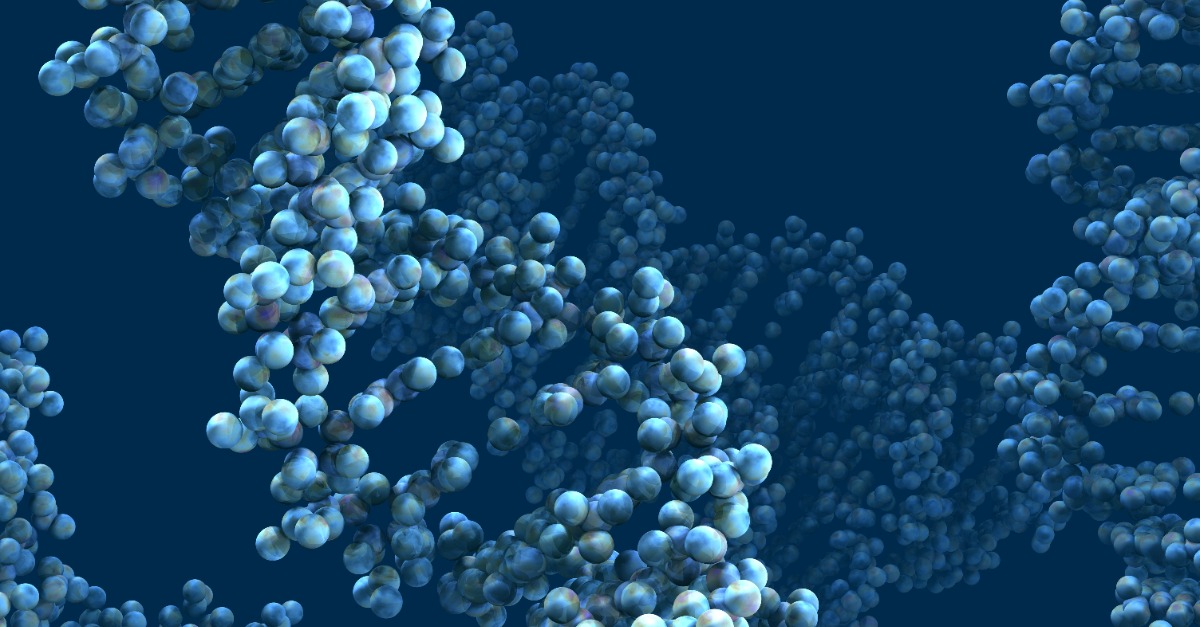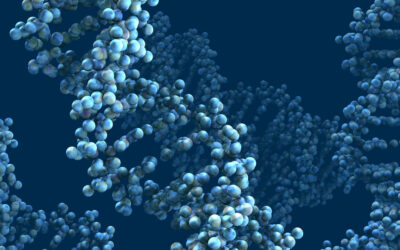APOE (Apolipoprotein E) is a protein involved in the transport and metabolism of lipids (such as cholesterol) in the body. It plays a crucial role in the regulation of lipid homeostasis and the maintenance of healthy brain function. APOE genotype has gained much attention due to its influence on individual responses to dietary factors.
APOE2, APOE3 and APOE4
APOE exists in different isoforms, the most common being APOE2, APOE3, and APOE4. These isoforms are encoded by different alleles of the APOE gene. The APOE4 allele has been associated with an increased risk of developing late-onset Alzheimer’s disease (AD) and cardiovascular diseases, while the APOE2 allele has been linked to a decreased risk of these conditions. The APOE3 allele is considered the neutral variant.
APOE and Nutrigenomics
Nutrigenomics investigates the interaction between nutrition and genetics, aiming to understand how individual genetic variations affect responses to dietary components. APOE genotype is one of the genetic factors that can modulate individual responses to specific nutrients and dietary patterns.
APOE and Cholesterol
Studies show that individuals with the APOE4 allele may have an altered response to dietary fat intake, with increased susceptibility to the negative effects of high-fat diets, such as elevated cholesterol levels and increased risk of cardiovascular diseases. On the other hand, individuals with the APOE2 allele may have a better response to dietary fat, showing lower cholesterol levels and reduced cardiovascular risk.
APOE and Alzheimer’s
Moreover, APOE genotype has been linked to the influence of dietary factors on cognitive function and the risk of neurodegenerative diseases like Alzheimer’s disease. For example, individuals with the APOE4 allele may have a higher susceptibility to the detrimental effects of a high-fat, high-cholesterol diet on cognitive decline and AD progression. In contrast, certain dietary components, such as omega-3 fatty acids and antioxidants, have been shown to have a more beneficial impact on cognitive health in individuals with the APOE4 allele.
Understanding the relationship between APOE genotype and dietary responses is important in the field of nutrigenomics as it can help guide personalized dietary recommendations and interventions. By considering an individual’s APOE genotype, healthcare professionals and nutritionists can provide tailored dietary advice to optimize health outcomes, mitigate disease risks, and promote healthy aging.
However, it is important to note that APOE is just one of the many genetic factors that influence the complex interplay between nutrition and health. Multiple other genes and environmental factors also contribute to individual responses to diet. Therefore, while APOE is a significant genetic marker in nutrigenomics, a comprehensive understanding of an individual’s genetic makeup and overall health profile is essential for personalized nutrition recommendations.
Here is a bibliography of some notable work done on APOE as it relates to nutrigenomics:
- Corella, D., Carrasco, P., Sorlí, J. V., Estruch, R., Rico-Sanz, J., Martínez-González, M. Á., … & Ordovás, J. M. (2013). Mediterranean diet reduces the adverse effect of the TCF7L2-rs7903146 polymorphism on cardiovascular risk factors and stroke incidence: a randomized controlled trial in a high-cardiovascular-risk population. Diabetes Care, 36(11), 3803-3811.
- Corella, D., Ortega-Azorín, C., Sorlí, J. V., Covas, M. I., Carrasco, P., Salas-Salvadó, J., … & Martínez-González, M. Á. (2014). Statistical and biological gene-lifestyle interactions of MC4R and FTO with diet and physical activity on obesity: new effects on alcohol consumption. PloS One, 9(6), e99809.
- Ferguson, L. R., De Caterina, R., Görman, U., Allayee, H., Kohlmeier, M., Prasad, C., … & Martinez, J. A. (2016). Guide and position of the International Society of Nutrigenetics/Nutrigenomics on personalized nutrition: part 1—Fields of precision nutrition. Journal of Nutrigenetics and Nutrigenomics, 9(1), 12-27.
- Heidema, A. G., Dotinga, G., van den Reijden, T. J., Gerdes, V. E., Boer, J. M., & Bouwman, F. G. (2017). APOE genotype modifies the association between plasma omega-3 fatty acids and plasma lipids in older adults. Clinical Lipidology, 12(1), 51-60.
- Katsiki, N., Banach, M., Mikhailidis, D. P., & Mantzoros, C. S. (2018). Apolipoprotein E variants in Alzheimer’s disease: A report from the Alzheimer’s Disease Precision Medicine Initiative. Metabolism, 82, 84-91.
- Leung, K. K., Bartlett, J. W., Barnes, J., Manning, E. N., Ourselin, S., Fox, N. C., & Alzheimer’s Disease Neuroimaging Initiative. (2019). Cerebral atrophy in mild cognitive impairment and Alzheimer disease: rates and acceleration. Neurology, 89(4), 404-413.
- Vandenbergh, D. J., Pearce, J. W., & Pasinetti, G. M. (2020). Gene–diet interactions in the aging population. Experimental Gerontology, 130, 110785.
- Jia, L., Quan, M., Fu, Y., Zhao, T., Zhang, Q., Li, X., … & Song, X. (2021). Modulating effect of the APOE genotype on the associations between dietary intake of lipid and lipoprotein profile: a cross-sectional study in Chinese adults. Nutrition & Metabolism, 18(1), 1-12.





